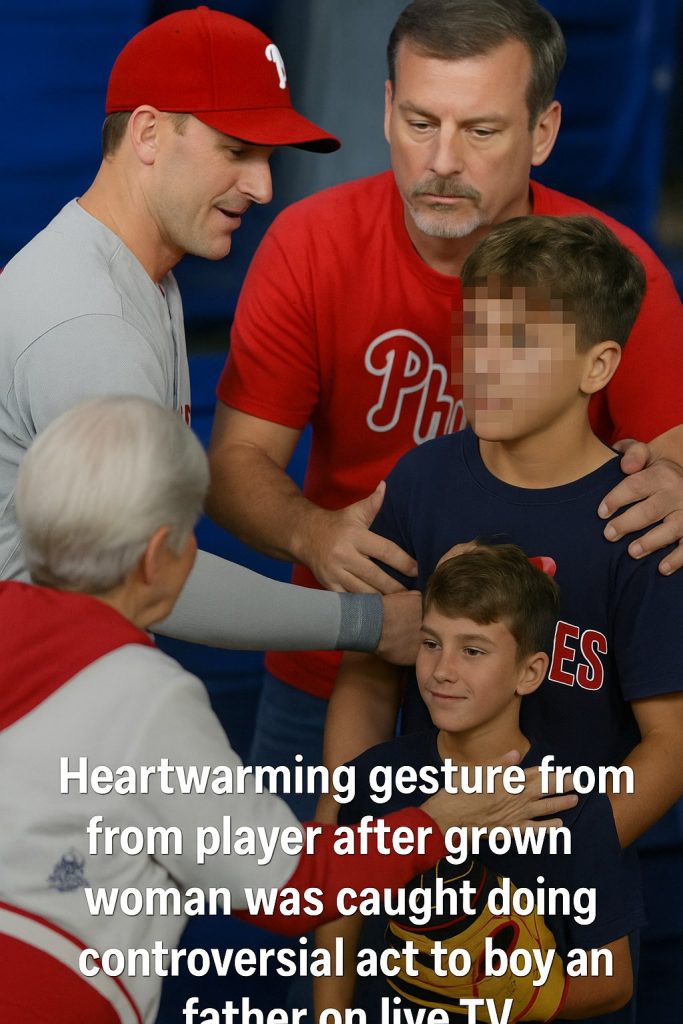Former MSNBC host Joy Reid has once again stirred controversy by expressing doubts that President Donald Trump was actually injured during the first assassination attempt against him in 2024. Her skepticism has reignited debates on social media and among political commentators about the veracity of reports surrounding the incident.
On the evening of the attempted attack, which occurred during a public rally, news quickly spread that President Trump was wounded but survived the assault. Official statements from the White House confirmed minor injuries but emphasized the President’s resilience and quick recovery. However, in multiple public appearances and through her social media channels, Reid questioned the extent and nature of these injuries, suggesting alternative narratives could be at play.
Joy Reid’s continued doubt reflects a broader atmosphere of mistrust surrounding high-profile political events in 2024. During her latest remarks, Reid highlighted what she described as inconsistencies in the timelines and medical reports shared by the administration. She emphasized that while the assassination attempt was “a serious and troubling event,” the portrayal of the President’s injuries seemed exaggerated based on the evidence available to the public.
This stance is not entirely unexpected given Reid’s past commentary that often challenges mainstream political narratives, especially those involving figures from the Trump administration. Her latest skepticism appears to feed into a polarized discourse, with supporters of the President defending the authenticity of the official accounts and critics advocating for greater transparency and scrutiny.
The assassination attempt took place amidst an already tense political climate as President Trump campaigns for a potential third term, making the event one of the most significant security breaches faced by a sitting president in recent decades. Security officials have since described the attacker as a lone actor, who was apprehended immediately after the incident, and added reassurances that further threats have been mitigated.
In response to Reid’s doubts, several experts and commentators have pointed out the sensitive nature of intelligence and medical information related to the President’s condition. They argue that not all details may be released to the public for national security reasons, which can sometimes lead to speculation and misinformation.
Despite this, Reid’s vocal stance underscores a prevailing issue in the U.S. political landscape — the challenge of verifying facts amid rampant misinformation and partisan narratives. It also highlights the role influential media personalities play in shaping public perception during crises, whether through factual reporting or cautious skepticism.
As the nation continues to process the implications of the 2024 assassination attempt and the ongoing presidential campaign, voices like Reid’s serve as reminders of the deep divisions in how Americans interpret and trust official information. Whether her doubts will lead to renewed investigations or further public questioning remains to be seen, but the conversation around the incident is far from settled.
For now, the President’s supporters reiterate confidence in his health and leadership, while critics demand transparency and accountability — a dynamic likely to shape the unfolding political narrative in the months ahead.



